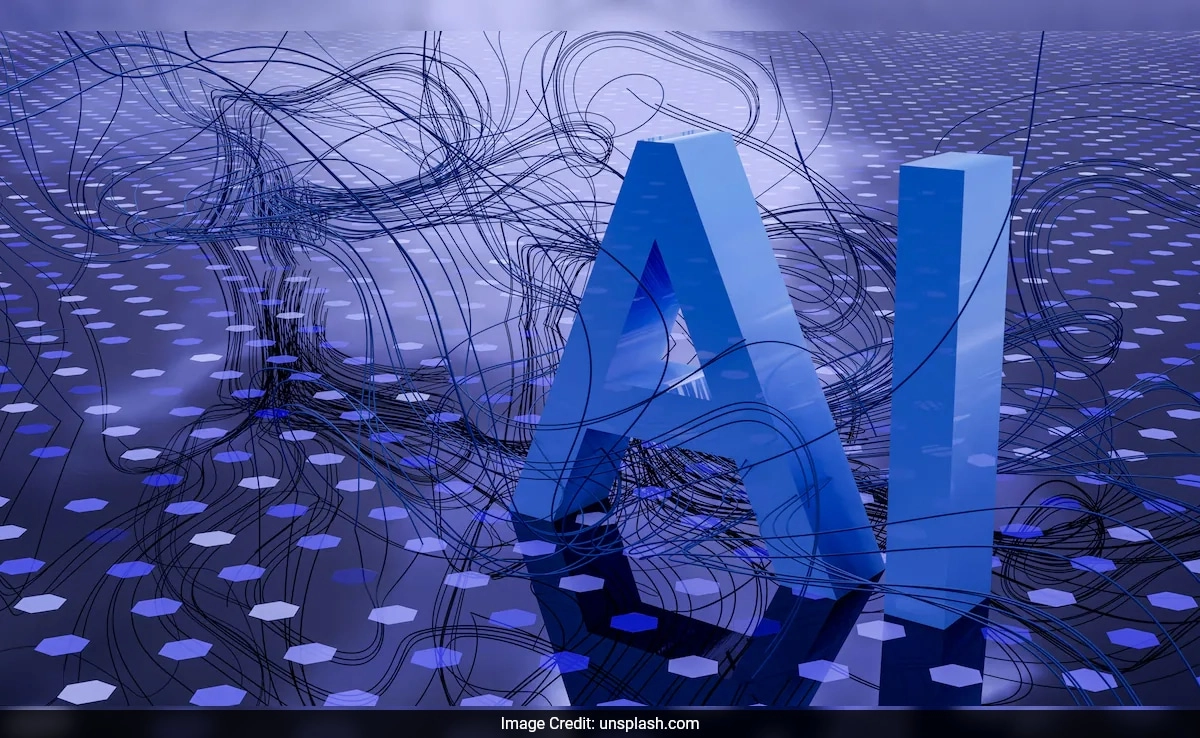Education is undergoing a transformative shift, moving away from traditional teaching methods toward more innovative approaches that cater to the needs of modern students. One significant change has been the implementation of the “10-Minute Homework Rule,” which suggests that students should be assigned no more than ten minutes of homework per grade level. This approach acknowledges the diverse demands on students’ time and promotes a balanced lifestyle, allowing them to engage in extracurricular activities, family time, and personal interests. By limiting homework, educators aim to reduce stress and enhance the overall learning experience, encouraging students to focus on quality over quantity in their academic pursuits.
In addition to homework policy reforms, the integration of technology in the classroom has revolutionized the learning environment. Artificial Intelligence (AI) is becoming a prominent tool in education, serving as a personalized tutor that adapts to each student’s learning style and pace. AI-powered platforms can provide instant feedback, identify areas where students may struggle, and offer tailored resources to help them improve. This not only fosters a more individualized approach to education but also frees up teachers to focus on mentorship and fostering critical thinking skills, rather than solely delivering content. As schools embrace AI technology, the role of educators is evolving, shifting towards facilitators of learning rather than mere distributors of information.
The convergence of these educational innovations highlights a broader trend toward student-centered learning. Schools are increasingly prioritizing the development of skills such as collaboration, creativity, and problem-solving, which are essential for success in the 21st century. This shift encourages active participation and engagement from students, allowing them to take ownership of their learning process. Furthermore, the use of project-based learning and real-world applications reinforces the relevance of education to students’ lives, making learning more meaningful and applicable beyond the classroom walls.
As these changes continue to unfold, it is essential for educators, students, and parents to adapt to and embrace new methodologies that enhance the learning experience. By fostering a culture of innovation and flexibility, schools can better prepare students for a rapidly changing world. The future of education lies in finding the right balance between traditional knowledge and modern technology, ensuring that students not only acquire information but also develop the skills necessary to thrive in an increasingly complex and interconnected society. This ongoing evolution in education promises to create more engaged, informed, and adaptable learners, ready to tackle the challenges of tomorrow.




